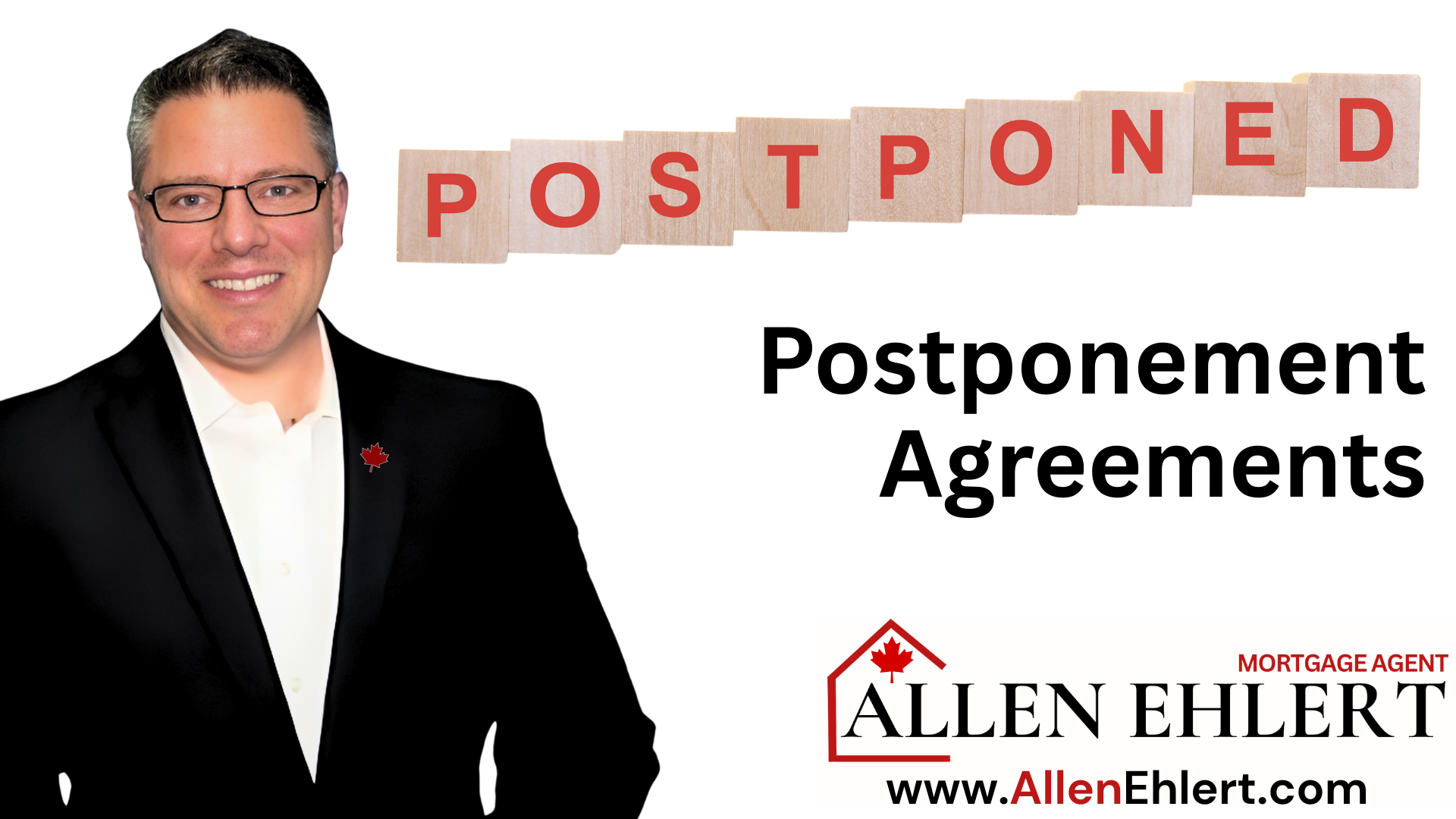As a licensed mortgage professional, I always aim to introduce clients not just to the best rates and lenders—but to holistic solutions that protect their financial future. One of the most overlooked tools in the mortgage journey is lender-provided creditor insurance. I want to introduce you to a valuable, yet often misunderstood, offering from one of Canada’s Big Five banks: Scotiabank’s Creditor Insurance. Whether you’re a first-time buyer, refinancing, or renewing your mortgage, understanding what this insurance entails could change the way you think about mortgage protection.
What Kind of Insurance Is This?
What This Implies About the Lender
Why Choose Scotia’s Creditor Insurance?
Who Is the Ideal Client for This Insurance?
Why This Lender—and This Protection—Stands Apart
Who Is This Lender?
Scotiabank, one of Canada’s leading financial institutions, is not just a mortgage lender; they’re a full-service financial partner. Over the last several years, Scotiabank has made significant investments in enhancing their mortgage offering through the Mortgage Plus program, which ties in banking, borrowing, and protection products into a single step (STEP) mortgage platform. With their Creditor Insurance, they’ve taken a proactive step toward protecting homeowners from unexpected life events, all while helping advisors like myself offer a seamless, relationship-based financing experience.
What Kind of Insurance Is This?
Scotia Creditor Insurance is optional mortgage protection insurance designed to cover your mortgage payments or pay off your mortgage in the event of:
- Death (Life Insurance)
- Disability
- Critical Illness
- Job Loss (bundled with disability)
- Terminal Illness
This is not term life insurance or mortgage protection insurance sold by a third-party insurer. It’s creditor protection, underwritten and integrated by Scotiabank, and it’s tailored to your mortgage with them. That implies a few key things:
- Coverage is tied to your mortgage balance—not a fixed benefit.
- You must be approved based on a straightforward, black-and-white questionnaire.
- Premiums are not adjusted based on gender or smoking status, making it especially competitive for those who may be rated or declined by traditional insurers.
What This Implies About the Lender
Scotiabank isn’t just processing loans—they’re building client relationships and anchoring long-term financial planning. Their approach to requiring an in-branch or CSA (Client Solutions Associate) meeting might seem like “an extra step,” but it’s designed to ensure that borrowers are properly onboarded, educated about their options, and ultimately more financially secure. When a lender builds creditor protection into their funding workflow, it sends a message: they take client well-being seriously—not just during the transaction, but far beyond.
Why Choose Scotia’s Creditor Insurance?
Here are three powerful reasons clients and advisors should consider this protection:
- It’s Comprehensive and Flexible
- It’s Seamless and Personalized
- It Pays Brokers—and Protects Clients
It’s Comprehensive and Flexible
Unlike many creditor insurance products, Scotia’s insurance covers not only death and disability, but also critical illness (cancer, heart attack, stroke) and job loss—benefits not commonly found bundled together. Customers can also opt for partial coverage (75%, 50%) if full coverage feels out of budget.
It’s Seamless and Personalized
Every Scotia mortgage deal comes with a co-branded client offer letter and the name of your assigned CSA, whose job is to continue the warm, client-first experience and help your customer understand—and personalize—their protection needs. That continuity of service leads to better outcomes and fewer missed opportunities for clients to protect themselves and their families.
It Pays Brokers—and Protects Clients
Scotia is currently the only creditor insurance that compensates brokers for successfully warming up a client for protection coverage. This aligns incentives, encourages stronger client advocacy, and reinforces a professional’s duty to highlight financial risk—especially for dual-income households with children, single-income earners, or business-for-self borrowers without group benefits.
Who Is the Ideal Client for This Insurance?
Scotia Creditor Insurance is best suited for:
- Young families just getting started and relying on two incomes to qualify.
- Business-for-self individuals without robust employer-sponsored disability or life coverage.
- New Canadians or those without existing coverage who want peace of mind.
- Clients declined by traditional insurers due to lifestyle, smoking, or age.
Even for those with existing policies, this protection complements rather than replaces other coverage, especially when existing policies are earmarked for children, education, or legacy goals.
Why This Lender—and This Protection—Stands Apart
What differentiates Scotiabank in this space is their relationship-first model. Mortgage lending isn’t just about funding a loan—it’s about helping families build stable futures. Their CSA system, their co-branded materials, and their commitment to onboarding and protecting the client experience all demonstrate a long-term view of mortgage lending.
Their creditor insurance is:
- Straightforward (Yes/No underwriting with no gray areas)
- Client-centered (Premiums can be adjusted after prepayments of 10%+)
- Efficient (30-day review period and online tools for easy planning)
As a mortgage agent, when I recommend Scotia’s creditor insurance, it’s because I’ve seen the outcomes firsthand. From life-changing claims paid out during illness to financial relief during unexpected layoffs, this product has helped clients stay in their homes during some of their hardest moments.
My Final Thoughts
In our profession, we do more than help people get into homes—we help protect those homes. Scotia’s creditor insurance offering is more than just an add-on; it’s a practical, compassionate, and cost-effective way to safeguard what matters most.
If you’re considering a mortgage through Scotiabank, or if you’re an agent looking for a lender partner that truly aligns with client-first values, Scotia’s Mortgage Plus and their creditor protection options deserve your attention.
Let’s protect the mortgage—but more importantly, let’s protect the people behind it.












